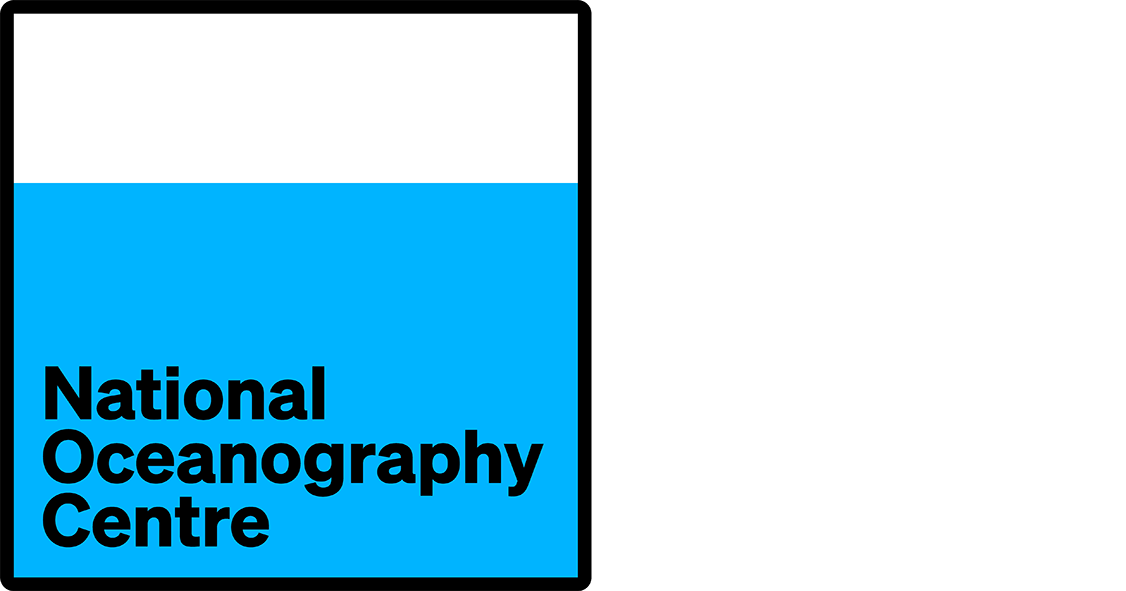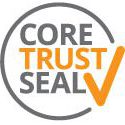- Resources
- Inventories
- EDMED
- Report
- 5828
IMARES, Exotic species in shellfish transports
Data set information
| Query EDMED |
| General | |
| Data holding centre | Wageningen Marine Research (Yerseke) |
| Country | Netherlands  |
| Time period | Sampling in Summer 2008 |
| Ongoing | No |
| Geographical area | Eastern Scheldt; Coastal Zone |
| Observations | |
| Parameters | Macroalgae and seagrass taxonomy-related counts; Zoobenthos taxonomy-related counts |
| Instruments | Optical microscopes; sediment dredges |
| Description | |
| Summary | For the management of the shellfish sector, shellfish are regularly imported from various European countries into the Dutch coastal waters. With the import of shellfish, there is a risk of unintentional introduction of exotic species, pests and diseases that could have harmful effects. Therefore, the transports of shellfish are watched critically by the various stakeholders. This study focuses on the risks of the unintentional introduction of new exotic species with the shellfish transports. We define exotic species as species that are non-indigenous for the Northeast Atlantic continental shelf area and are introduced into this area by human activities. The biogeographical area Northeast Atlantic continental shelf region ranges from the Northern part of Spain to the coastal areas of Norway. Once established somewhere in the Northeast Atlantic continental shelf, shellfish transports can accelerate the introduction into the Dutch coastal waters. Far from every introduction of exotic species becomes a pest. However, once introduced it is very difficult if not impossible to remove the species from the ecosystem. At present it is allowed and common practice to transfer mussels from the Danish and German parts of the Wadden Sea to the Dutch part of the Wadden Sea. The risks assessment indicates that with these shellfish transfers 46 exotic species could potentially be introduced into the Dutch part of the Wadden Sea. The species with the highest risks are mainly macroalgae. During the Summer of 2008, 30 samples have been taken from mussels in the water column (rope culture and Mussel seed capture devices) and from the bottom (culture plots and natural beds). The samples have been analyzed for associated flora and fauna. Special attention was paid for exotic species. |
| Originators | Wageningen Marine Research (Yerseke) |
| Availability | |
| Organisation | Wageningen Marine Research (Yerseke) |
| Availability | By negotiation |
| Contact | Jeroen Wijsman |
| Address | Wageningen Marine Research (Yerseke) |
| Telephone | +31 317487114 |
| Facsimile | +31 317487359 |
| Administration | |
| Collating centre | National Oceanographic Data Committee |
| Local identifier | IMARES_5730012 |
| Global identifier | 5828 |
| Last revised | 2013-03-26 |

